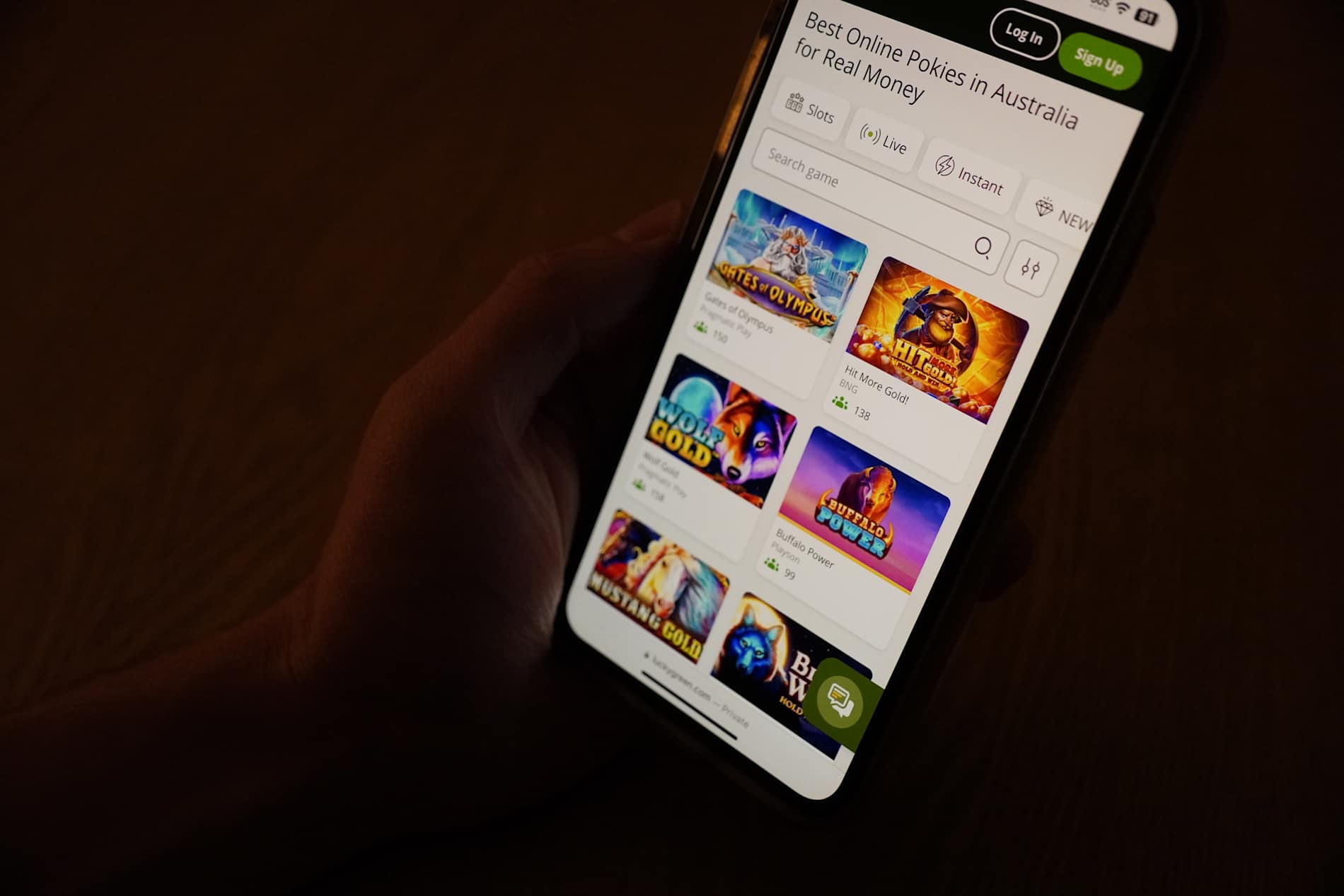
Read the Charter of Independence here.
Lying awake at night, Daniel (who's name we've changed to protect their identity) visualises the bright screens of the slot machines, moving through the motions, imagining his next win.
But for him it’s not about the money.
What started as a bit of fun with friends, quickly became more frequent and less social.
“I started socially gambling when I first turned 18, normally heading to the casino with a few mates,” Daniel said.
“And then one day I decided to go by myself.”
Daniel used gambling as a way to mask feelings of depression and anxiety, that was later diagnosed as bipolar.
“When I was struggling and feeling down, I felt like I needed to find some sort of dopamine hit to suppress those feelings,” he said.
Daniel later found out that his mental health issues made him particularly susceptible to gambling addiction.
“Every bit of money that I was getting, I was just thinking about putting through the pokies,” he said.
Constantly chasing his losses, Daniel eventually self-excluded, that worked for a while, then he discovered an illegal online gambling site.

“It was pretty much a casino in my pocket,” he said.
“I could gamble whenever I wanted, I didn’t have to drive anywhere, I could just sit in my room and gamble.”
Despite being self-excluded from all registered Australian gambling institutions, international websites illegally posing as Australian happily welcomed Daniel.
Just this year, he has lost $21,000 to offshore online gambling sites, but he is not the only one losing big.
ANU Centre for Gambling Research Associate Professor Aino Suomi said younger generations are moving away from venue-based gambling and are instead preferencing online forms, like sports betting and illegal online poker machines.
“The real dangers are in the online space, especially for younger people,” she said.
“When young people gamble, they are more likely to do it at risky levels and they’re more likely to experience harms from it.”
Suomi said the harms differ depending on the age group.
“For older adults it is the financial impacts, for young people it is really around time spent on these products rather than doing things like studying or interacting with their mates,” she said.
Only until recently, Daniel kept his gambling addiction hidden from all those closest to him.
“It’s quite a lonely thing, gambling,” he said.
“You don't really want to speak out about it because you don't want to feel worthless and stupid.”
Daniel said he felt a lot of shame around talking about his addiction.
“When I gamble, it's when I'm feeling at my lowest,” he said.
“Even though I know what I am losing, it’s not really about the money.
“It’s more just about the feeling of it.”
Suomi said these gambling products are so easily accessible and target vulnerable Australians.
“You can only self-exclude from legal gambling products,” she said.
Despite being legally prohibited from offering online gambling services to Australians, international syndicates prey on people who have already self-excluded.
"It is a really lucrative business," Suomi said.
With no legal online pokies in Australia, Suomi said it creates a dangerous black market.
"They get so much money out of it even if it operates only for a few days," she said.
CQ University Principal Research Fellow in the Experimental Gambling Research Lab Alex Russell said legislation was put in place to protect people from these fast paced and continuous forms of online gambling.
“On an online pokie, every spin is a bet and that happens about every three seconds,” he said.
“You can just do bet after bet after bet.”
Russell said these types of online gambling can be extremely damaging.
“There is a big reason why these things are not offered to Australians online,” he said.
“These gambling companies aren’t out there to make people rich; they are out there to make money.
“So, people who are experiencing problems like mental health issues, particularly ongoing mental health issues are pretty vulnerable to these [sites].”
To add to the harm, Australians are being bombarded with a deluge of advertising.
Russell said there are five times as many gambling ads on TV than there are alcohol ads.
“There are gambling ads everywhere,” Russell said.
“Most people don’t think of advertising as too much of an issue because everyone thinks that they’ve got control over their behaviour all the time.
“But of course that is not really the case.
“They get people spending more than they want to and betting when they don’t want to.”
Daniel said he first discovered online pokies after seeing a social media influencer playing one.
He said his ‘discovery page’ on Instagram was filled with people playing gambling slot machines and making sports bets.
“It can be hard when you are going through a bit of a hard time because you're trying to stop yourself from gambling but then you see people winning money and you're like, well maybe I could be winning money too,” he said.
Daniel also had to delete his primary email account after it became inundated with gambling advertisements.
“I was getting 20 to 25 emails a day from these gambling websites,” he said.
Emails advertising bonus bets and 100% money back guarantee continuously flooded his inbox.
Despite trying to unsubscribe from all emails, they continued to come.
With the federal election less than a week away, Daniel is hoping for real change. The Coalition has pledged to ban gambling ads one hour before, during, and after live sports broadcasts on TV and streaming, while Labor is yet to share their stance on the issue.